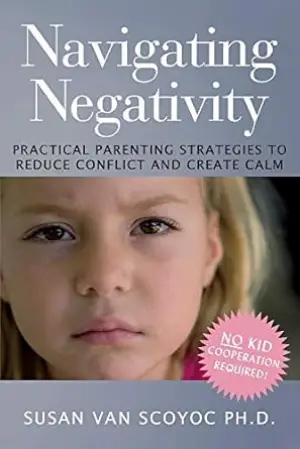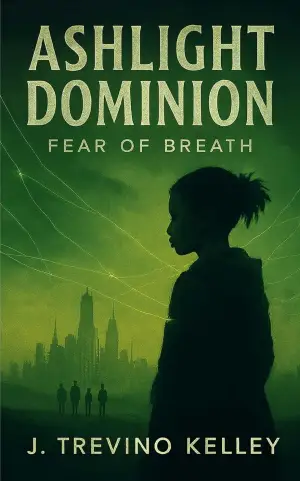As an ardent fan of alternative history, I was drawn to “If The Allies Had Fallen,” a thought-provoking exploration of pivotal “what-if” scenarios from World War II. This book, which intertwines hypothetical outcomes with impressive historical analysis, caught my attention partly due to its impressive lineup of contributors, including distinguished historians like Richard J. Overy and Gerhard L. Weinberg. I was intrigued by the concept of reimagining historical events—such as the effects of a German victory in the Battle of Britain or a successful assassination of Hitler—and how these alternative narratives could reshape our understanding of the war’s trajectory.
The book’s strength lies in its scholarly approach to pivotal moments in history. I was thoroughly impressed by the depth of research and the weighty questions posed by the historians. Their essays provide a comprehensive look at many significant events while remaining intellectually stimulating. The chapters unfold various compelling scenarios, such as “What if Stalin had signed with the West in 1939?” This kind of rigorous analysis, free from the embellishments of fiction, immerses the reader in the realistic possibilities of an alternate history, and I found it incredibly satisfying.
However, the book does come with a couple of drawbacks. One recurring concern among readers, which I resonated with, is the narrative style. Many chapters are penned by different authors, leading to a disjointed reading experience. While the diverse voices provide varied perspectives, they create a lack of cohesion that can make it harder to engage with the overall narrative. As noted by Rebecca A. Emrich, the book’s format—while addressing vital “what ifs”—can sometimes leave readers longing for a more unified flow.
Another point of contention is the title itself, which may mislead potential readers. Some reviewers, like Michael The Roaddog, emphasized that the scenarios crafted in the book rarely depict an Axis “victory.” Instead, most scenarios underscore why Nazi Germany and Imperial Japan were unlikely to win, a theme that might disappoint those looking for a full-fledged alternate history narrative akin to works by writers like Harry Turtledove. This was not something I expected, but it offered an intriguing angle I hadn’t anticipated.
Despite its drawbacks, I fully appreciated the book’s dedication to historical analysis. It challenges conventional wisdom about World War II outcomes, compelling readers to confront past perspectives. The format encourages critical thinking; rather than an entertaining novel filled with impossible outcomes, “If The Allies Had Fallen” presents a thoughtful dialogue on the war’s key decisions and their lasting impacts.
This volume isn’t merely a compilation of whimsical “what ifs”; it’s a formidable academic exercise, revealing alternate paths that history could have taken. As noted in one review, it serves as a valuable tool for anyone interested in understanding why events transpired the way they did and what might have changed.
In conclusion, having journeyed through this extensive exploration of counterfactual history, I feel that “If The Allies Had Fallen” is a significant read for those who appreciate rigorous historical analysis, despite its issues with narrative cohesion and expectations regarding alternate outcomes. This book offers a unique perspective that will intrigue both history buffs and casual readers alike.
I would recommend it particularly to anyone eager to delve deeper into World War II without a preconceived notion of enjoying it as purely a fictional exercise. My experience with this thought-provoking compilation was largely positive, and I would rate it 4 out of 5 stars for its scholarly depth and engaging content, despite its narrative shortcomings.








